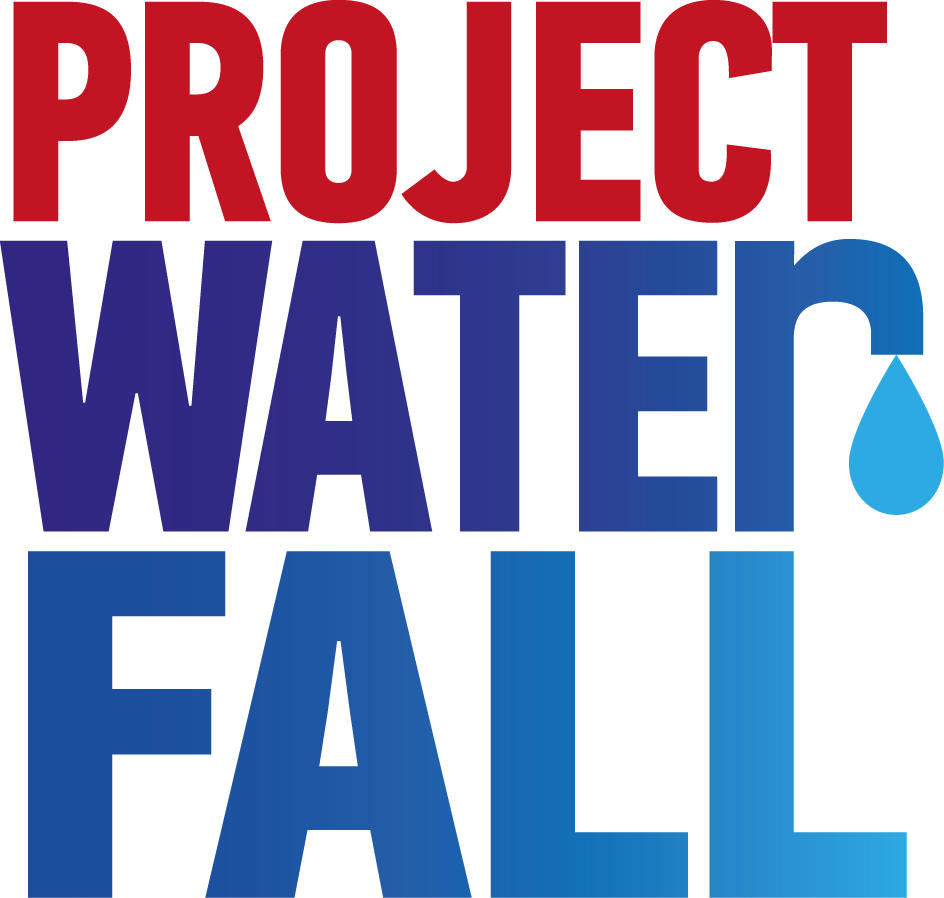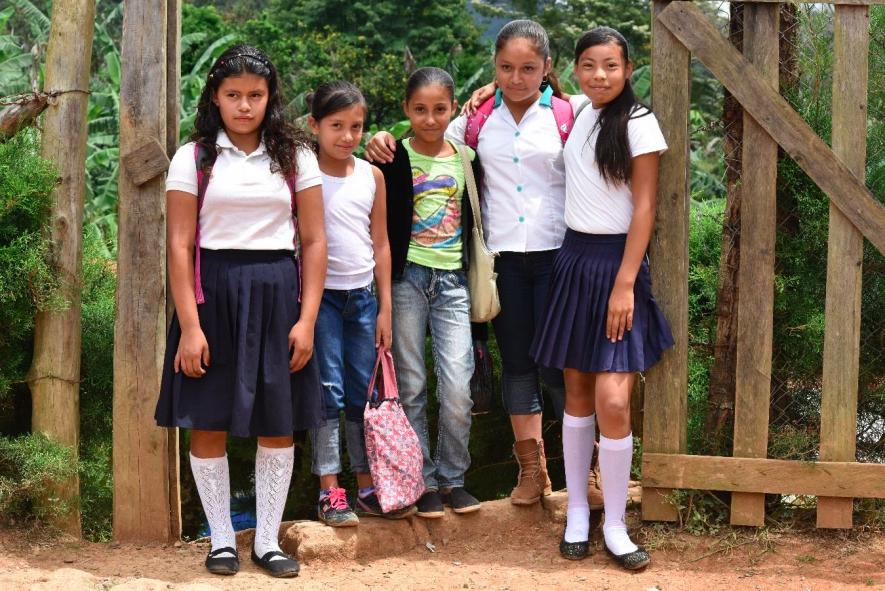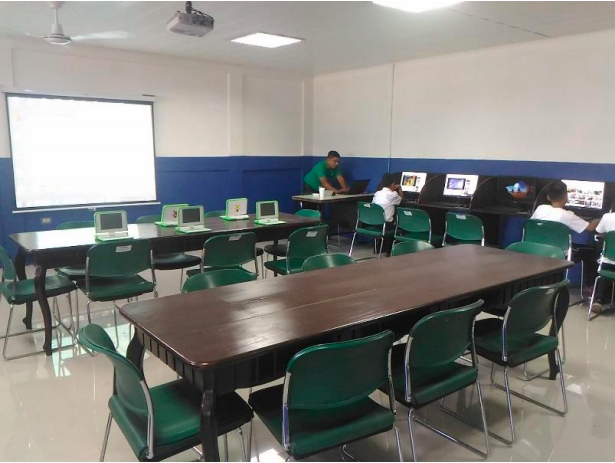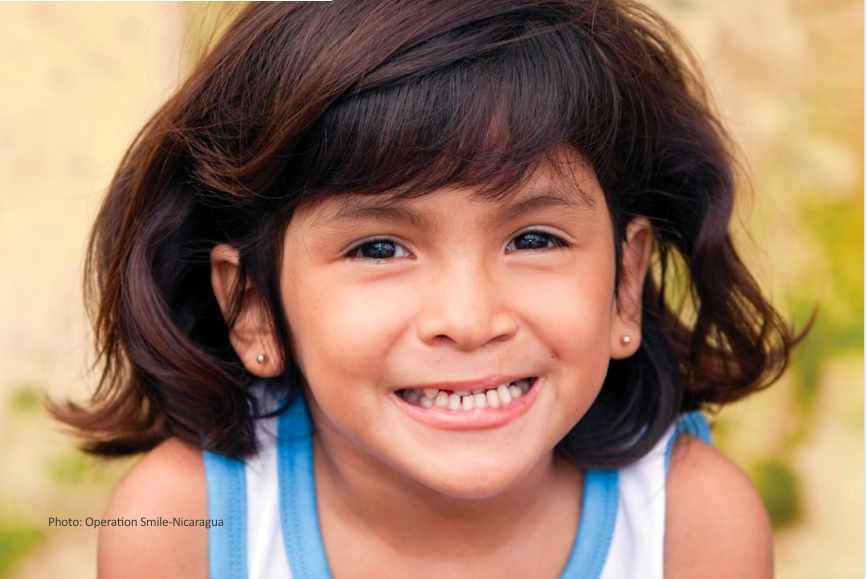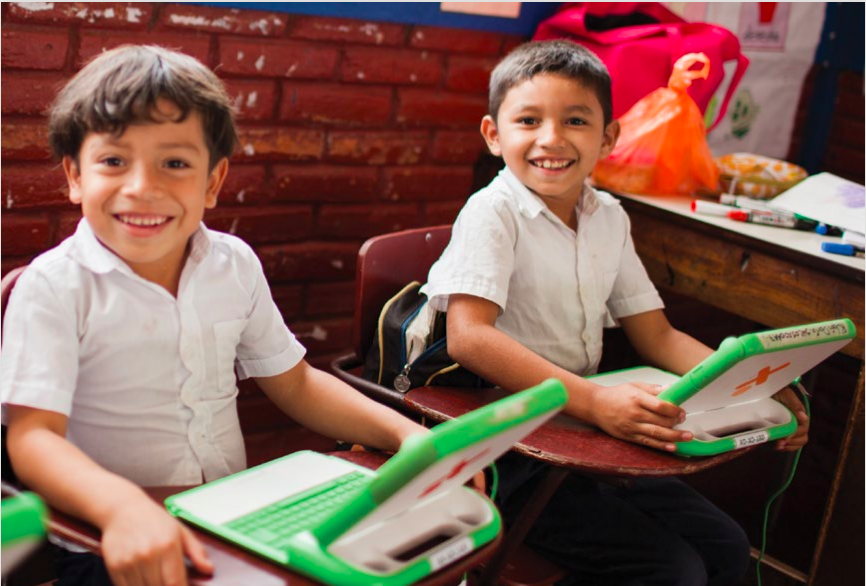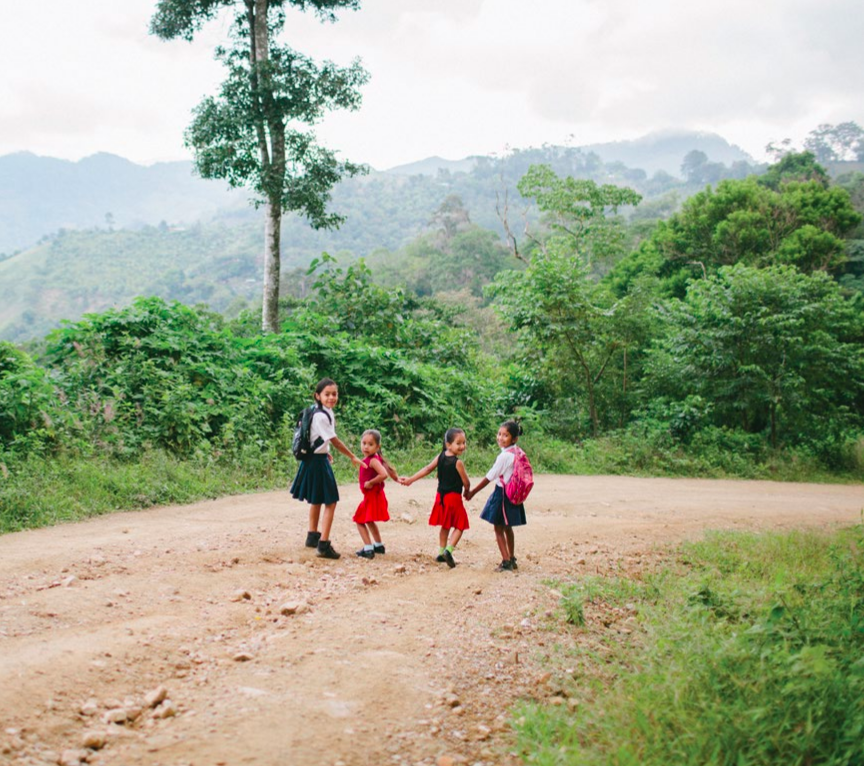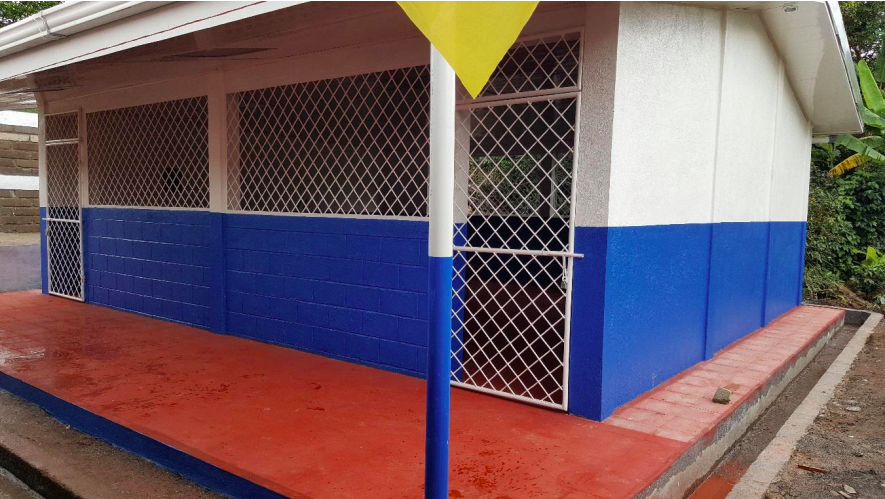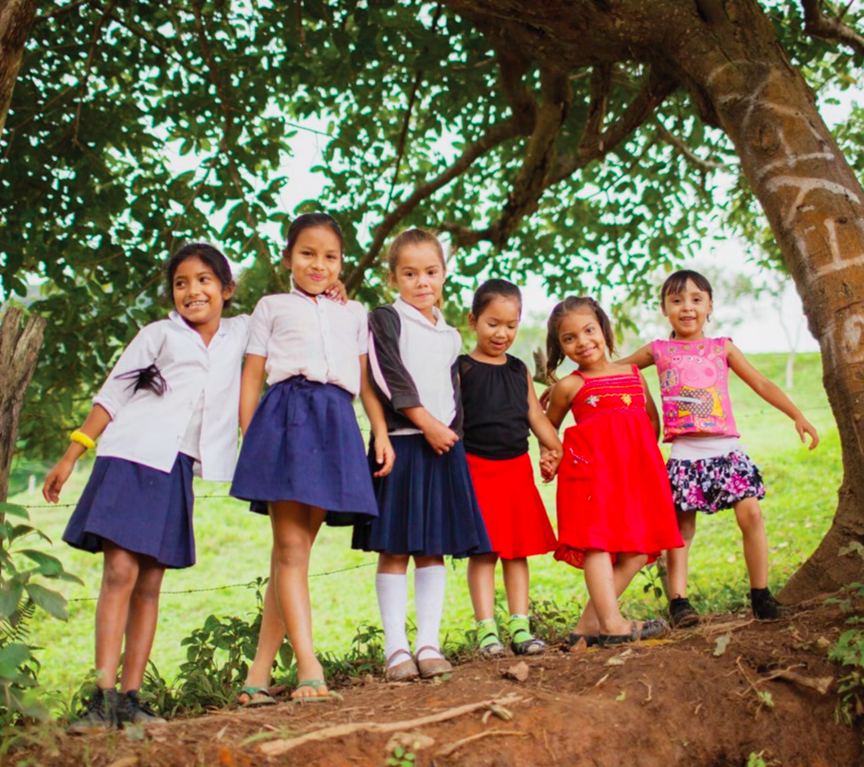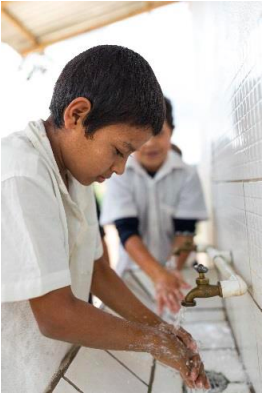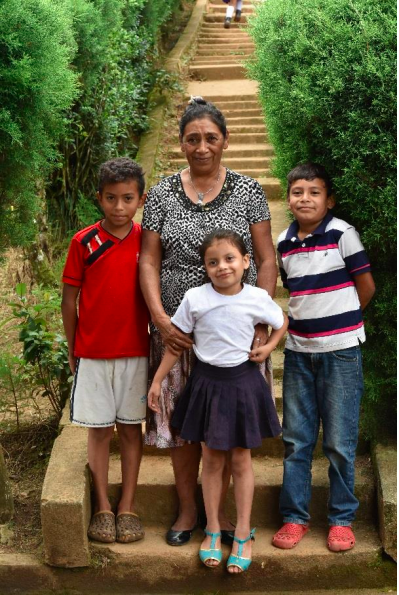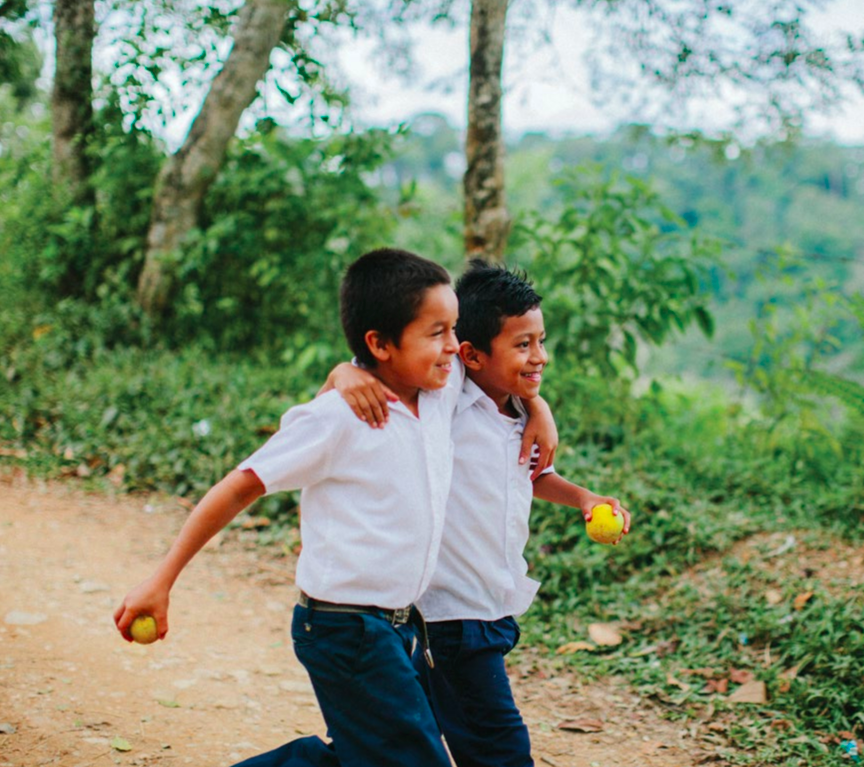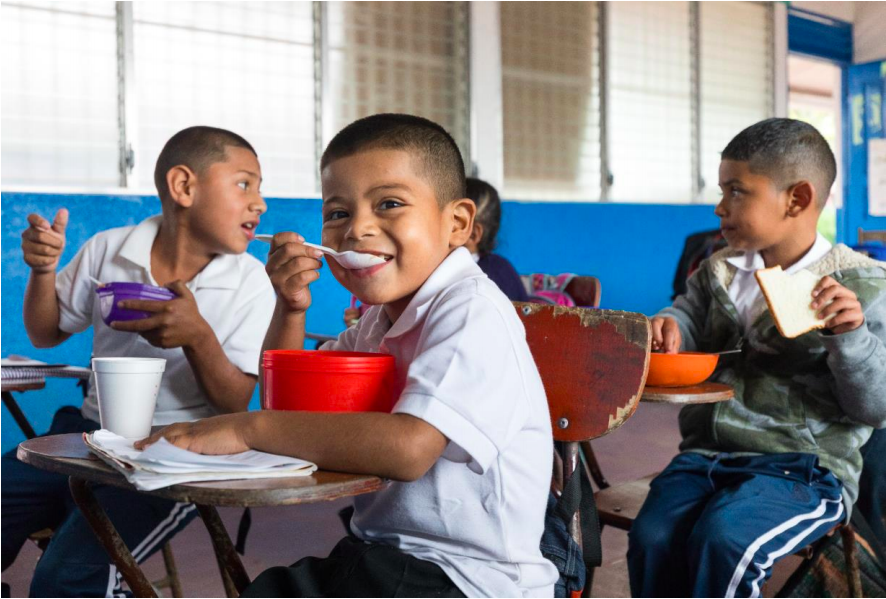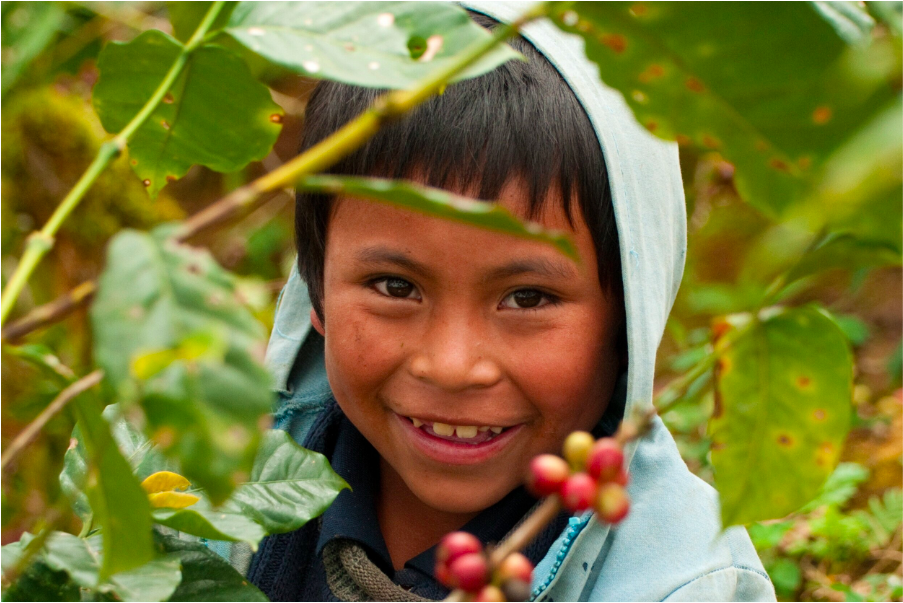Project Overview
Located within the municipality of Matagalpa, the Communities of La Estrellita and Santa Emilia represents 23 % of the coffee production in the whole department. Families that live there are in vulnerable socio-economic conditions and find their primary source of employment, both permanent and temporary, in the different coffee farms that surround the two hamlets.
With the support and donations of Project Waterfall, our partner COSTA FOUNDATION constructed drinking water facilities, additional toilet service, sanitary facilities, and eco filters. This helped 527 students, of which 288 are female, access clean water sanitation and improve the quality of their lives.
Project Stats
Start date: 2020
Status: Completed, 2021
Community: La Estrellita and Santa Emilia communities
People reached: 527
Delivery Partner: Costa Foundation, Nicafrance Foundation
about Nicaragua
6,100,000 population
32% of rural lack access to water
63% of rural lack access to sanitation
29% live below the poverty line
Clean water and sanitation was provided to 527 students in 2 coffee-growing communities
Stabilized School Attendance
Access to water and sanitation has aided the stabilization of school attendance, since it offers better conditions to implement biosecurity practices and eliminates uneasiness that causes female adolescents to miss school during menstrual periods.
Increased Privacy
Separate sanitation for men and women has addressed privacy and security concerns, which has helped in solving the problem of school attendance for some girls and adolescents.
Behavior
The combination of the new infrastructure and new hygiene programs have proven to be an integral part of water and sanitation interventions that impulse behavior change. Likewise, it has been shown that change is feasible as long as the water and sanitation services exist.
HOW WE DID THIS
With the support and donation of the Waterfall Project in Nicaragua, COSTA FOUNDATION provided safe preschool primary and secondary education for 527 children and young people in conditions of socio-economic vulnerability.
Before the project, both schools were supplied with community water services. In both cases, the supply was discontinuous, and in the summer dry season, it was less frequent. The project managed to equip schools with tanks to store water that reinforced the ability of students to access it during their stay.
Given the current need for biosecurity practices, a special hand wash area was built in both schools, close to the dining room, which in both cases coincides with the proximity of the entrance.
Posters on the handwash station were installed to present the instructions for proper handwashing graphically.
According to the dynamics of the water service, the solution identified for sanitation was to employ the use of latrines in La Estrellita and toilets in Santa Emilia. During the execution, it was evident that data on the capacity and age of the Santa Emilia School septic tank obtained during the formulation did not coincide with the reality. Therefore a complementary investment was made in the construction of a new septic tank and an extra toilet.
Additional facilities added include eco filter, stone quarry base, and installation of a 5,000-liter tank, 1.10 m high handrail tube hg plate 16 @ 1.20 m, place sink, and a decal on the floor for cautious distance
Sustainability and education
The population of Santa Emilia and La Estrellita, including the parents, together with the churches of different denominations, were actively and dynamically involved in the construction of the water and sanitation facilities. Together with the teachers, they organized the continuity of the classes, the safekeeping of school materials, and the preparation of the school when it was delivered by the. They assumed the tasks of cleaning, washing, and decoration.
These schools were built in the territory of two buildings with structural problems, so the available area was optimized and reordered. Teachers have received educational materials on promoting cleaning and health from both the Ministry of Education and the Foundation. Therefore, the original mission of “Developing the institutional capacity to provide safe and quality preschool, primary and secondary education services for children and young people in conditions of socio-economic vulnerability” has been achieved
the future
The Waterfall Project will continue to develop partnerships with СOSTA FOUNDATION to increase our impact on the quality of life of the families of coffee producers and agricultural workers of the coffee farms who experience socio-economic hardships.
